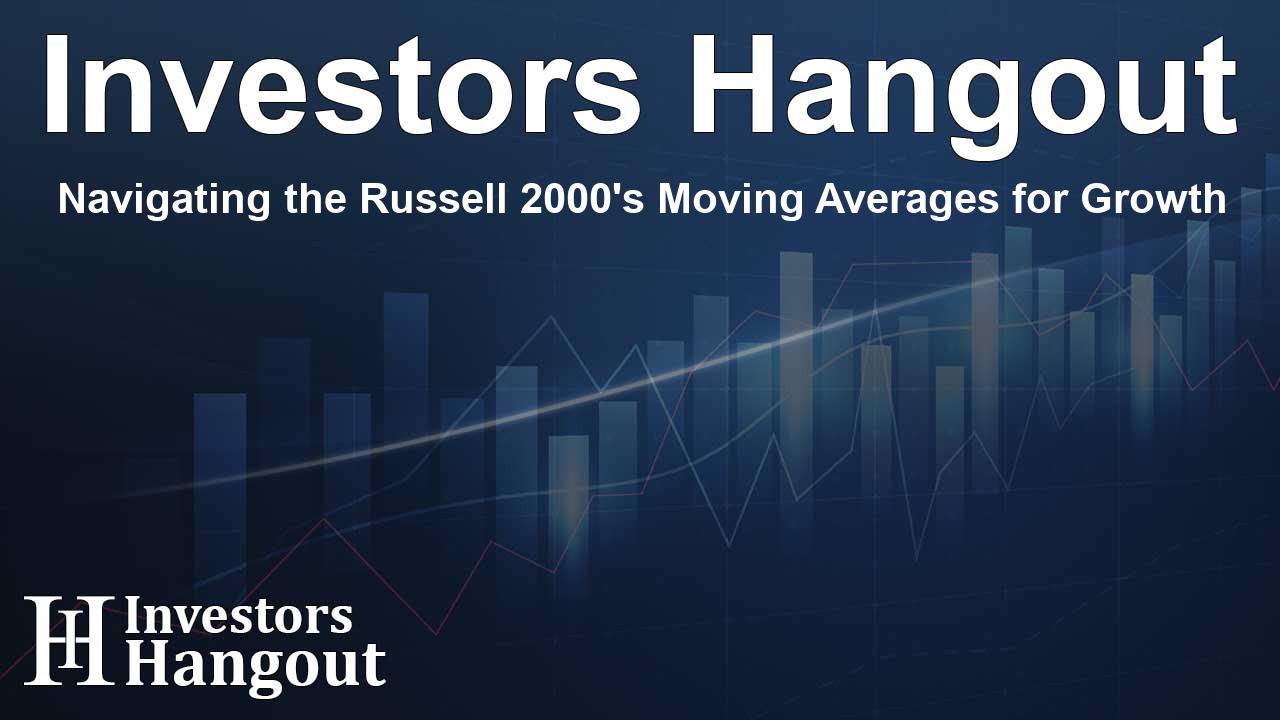Navigating the Russell 2000's Moving Averages for Growth

Understanding the Current State of the Russell 2000
The Russell 2000 index has been navigating through challenging waters, recently confirming distribution without a significant alteration in its technical landscape. This moment has sparked interest among investors and analysts alike, particularly in how it compares to other indices, such as the Nasdaq and the S&P 500. The index is presently experiencing a sideways consolidation phase, an expected behavior given the rebound from its lows earlier in the year.
Current Technical Analysis and Trends
Both the S&P 500 and Nasdaq indices have shown a pattern of increasingly tighter trading days, resembling a Russian doll with the potential for significant movements. Tight trading can sometimes lead to notable gains, such as 10% increments over a few weeks, which traders should keep on their radar. Following the recent "golden crosses" between the 50-day and 200-day moving averages of these indices, the market seems to be poised for more extensive tests of the 50-day moving averages, which could signal future movements.
The Impact of Broader Market Conditions
Last week, Bitcoin experienced a pivotal breakout on the weekly chart, and this week has been focused on consolidating those gains, reflecting the volatility common in crypto markets. However, light volume trading typical of summer can obscure clearer trends for other asset classes, potentially delaying the establishment of any new trends until later in the year. Traders must be cautious during this quieter season and remain vigilant for potential seller activity.
What to Expect in the Coming Weeks
As the market continues to operate under quieter conditions, larger trend changes appear unlikely. If selling pressure resurfaces, examination of the 50-day moving averages will be critical, providing essential levels for market participants to monitor. Keeping an eye on these average values can inform decisions as the summer progresses.
Frequently Asked Questions
What is the Russell 2000 index?
The Russell 2000 index represents a measure of the performance of the smallest 2,000 stocks in the Russell 3000 index, which is a broad measure of the U.S. stock market.
How do moving averages influence trading strategies?
Moving averages help traders identify trends and potential reversal points in the market by smoothing out price fluctuations over specific periods.
What are "golden crosses" in moving averages?
A "golden cross" occurs when a shorter-term moving average crosses above a longer-term moving average, indicating potential bullish momentum in the market.
What should traders look for during quiet trading periods?
During quieter trading periods, traders should look for signs of seller activity and monitor key moving averages to identify potential shifts in market direction.
How can current trends affect future gains?
Current trends can set the stage for future gains; tight trading days may lead to significant price moves, while tests of moving averages can provide entry points for traders.
About The Author
Contact Addison Perry privately here. Or send an email with ATTN: Addison Perry as the subject to contact@investorshangout.com.
About Investors Hangout
Investors Hangout is a leading online stock forum for financial discussion and learning, offering a wide range of free tools and resources. It draws in traders of all levels, who exchange market knowledge, investigate trading tactics, and keep an eye on industry developments in real time. Featuring financial articles, stock message boards, quotes, charts, company profiles, and live news updates. Through cooperative learning and a wealth of informational resources, it helps users from novices creating their first portfolios to experts honing their techniques. Join Investors Hangout today: https://investorshangout.com/
The content of this article is based on factual, publicly available information and does not represent legal, financial, or investment advice. Investors Hangout does not offer financial advice, and the author is not a licensed financial advisor. Consult a qualified advisor before making any financial or investment decisions based on this article. This article should not be considered advice to purchase, sell, or hold any securities or other investments. If any of the material provided here is inaccurate, please contact us for corrections.
